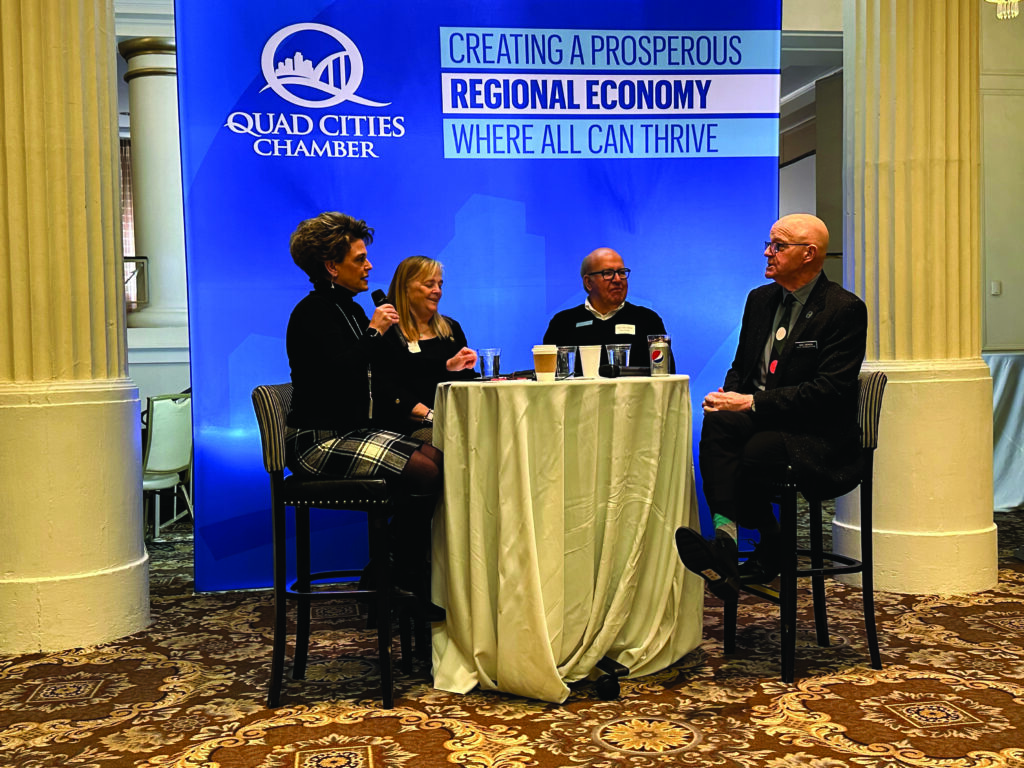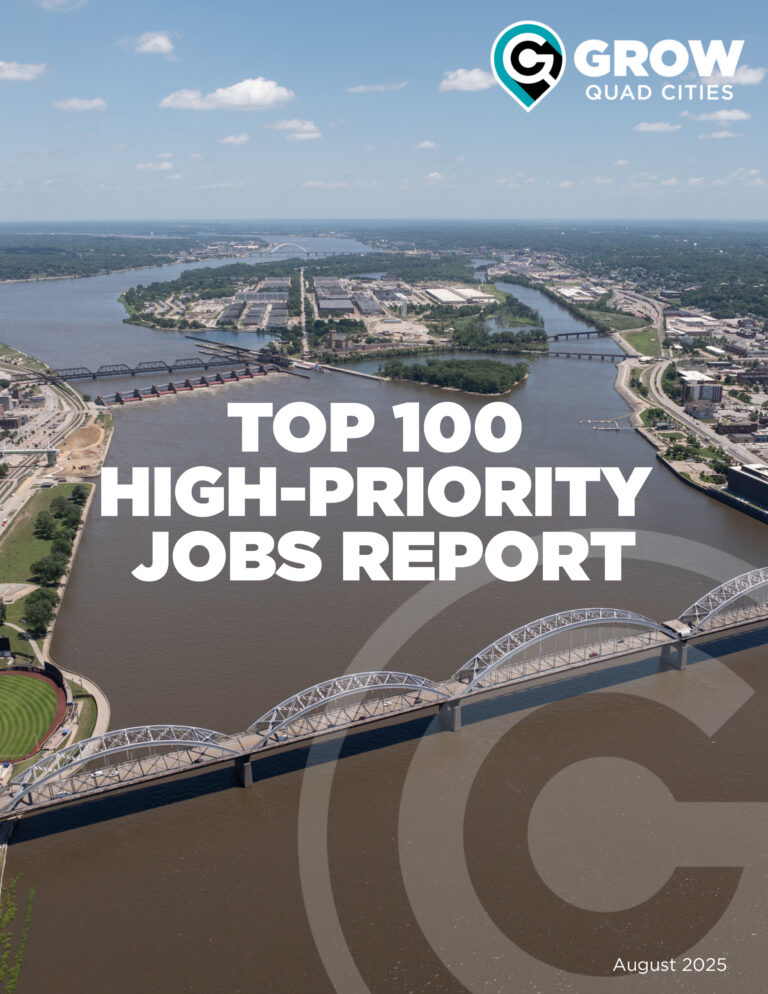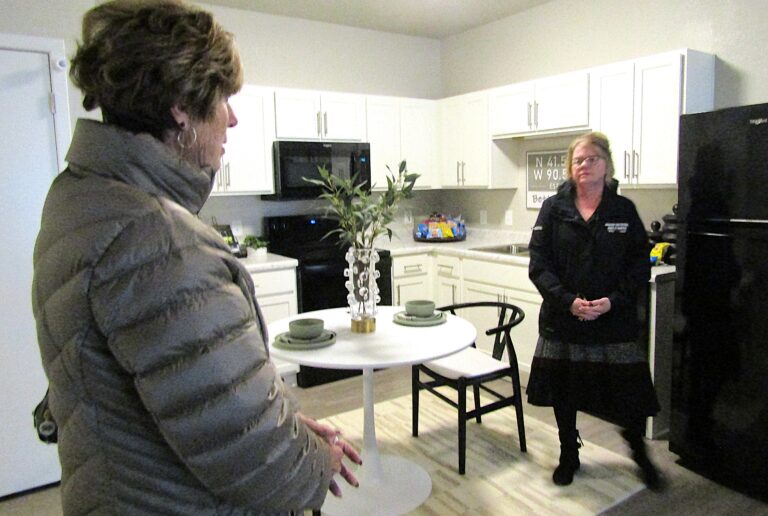
Iowa QC legislators discuss the legislative session at a Quad Cities Chamber breakfast. From left are: Rhonda Ludwig, director of government affairs for the chamber; Rep. Monica Kurth, D-Davenport; Rep. Gary Mohr, R-Bettendorf; and Rep. Ken Croken, D-Davenport. CREDIT QUAD CITIES CHAMBER
The engines are revving on potential changes to Iowa’s property tax code at this year’s legislative session in Des Moines. Meanwhile local government leaders are pushing lawmakers to downshift as they worry the revisions could dramatically reduce their revenues.
Since the start of the session, Republican legislative leaders have made it clear they want to cut property taxes. And on Wednesday, March 8, the Senate Ways…

Want to Read More?
Get immediate, unlimited access to all subscriber content and much more.
Learn more in our subscriber FAQ.
Do you want to read and share this article without a paywall?






